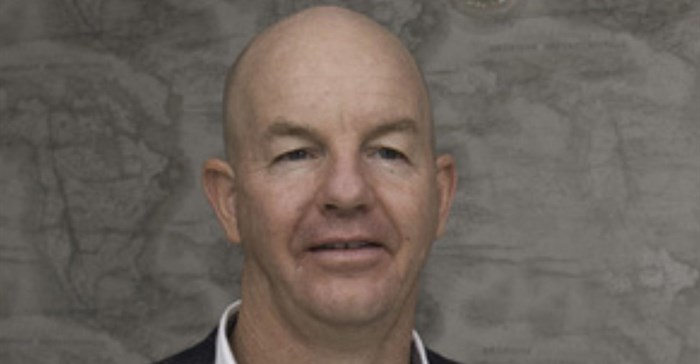As the world grapples with an ongoing power generation crisis, nuclear energy is emerging as a critical solution. This shift holds significant implications for the mining and beneficiation companies that extract and process uranium for nuclear fission, as well as other minerals used in battery production.

Johann de Bruin, CEO at Erudite
The global pivot towards renewable energy sources, including nuclear, is undeniable. A recent report by the International Energy Agency reveals a staggering 40% increase in clean energy investment since 2020. The agency’s Net Zero Emissions by 2050 Scenario further projects that nuclear power capacity will nearly double by 2050.
This estimate may even be conservative, as countries worldwide may increasingly favour nuclear over solar in the coming decades. Uranium, a relatively abundant element with significant proven reserves, offers a viable alternative to the dwindling supply of fossil fuels.
Nuclear plants can provide a consistent, large-scale supply of electricity throughout the day and night, giving it a significant advantage over weather-dependent solar generation. Moreover, nuclear energy is nearly 100% more effective than any other energy technology at reducing CO2 emissions.
In this light, the rise of nuclear energy represents not just a response to the power generation crisis, but also a potential boon for the mining industry and a significant step towards a more sustainable future.
Experts also estimate that nuclear plants produce at a maximum power output for 92% of the year on average. Coal, by comparison, only produces at maximum capacity for around 40.2% of the year, wind plants for 35.4%, and solar for 24.9%. Nuclear power plants generally require less maintenance and only need refuelling every 1.5 to 2 years.
Low risk
The world’s foremost nuclear energy experts at internationally acclaimed agencies such as the International Atomic Energy Agency, World Nuclear Association, and the Nuclear Energy Institute, believe that nuclear is one of the safest forms of energy generation.
It is unlikely that the world can produce sufficient energy to meet the ever-increasing demand without a nuclear component.
The recent Uranium Price trends support logic behind the Uranium energy proposition and thus the viability of a number of projects poised for development on the continent. An exciting future is imminent in this space.
Africa will, likely, only beneficiate natural uranium to yellow cake concentrate as a product which will be further processed at established international facilities.
This supports an environmentally acceptable strategy. Tanzania, Niger, Namibia, and South Africa have some of the world’s largest uranium reserves discovered to date. Collectively, Tanzania with around 40,000 to 60,000 tonnes of uranium, and Niger, South Africa, and Namibia with between 400,000 and 500,000 tonnes each, make up around a 5th of the world’s discovered uranium reserves.
After closely observing global uranium mining and beneficiation trends, we believe that the African continent will become one of the top two global players in the mining and processing of yellowcake uranium within the next few decades.
The continent has a major foothold in the production of battery commodities, which will add to its global influence in sustainable energy.
The critical role of EPCMs in uranium beneficiation
The mining landscape has changed considerably over the past few decades, and rather than appointing in-house engineering teams, mining companies prefer to outsource specialised responsibilities to experienced engineering, procurement, and construction management (EPCM) companies. This approach is both more efficient and cost-effective, allowing clients to focus on their core mandates.
In addition to world-class expertise, African-born and based EPCMs provide additional benefits such as a deep understanding of local African cultures, languages, and approaches to governance that may impact mining and beneficiation operations.
Ultimately, nuclear power will become a leading voice in the energy conversation over the next few decades, complementing other sources such as wind, solar, and fossil fuels. But to make the move to a more sustainable long-term solution such as nuclear and harness its economic potential, the investment and environmental communities need to replace popularist views with a more scientific approach.



































